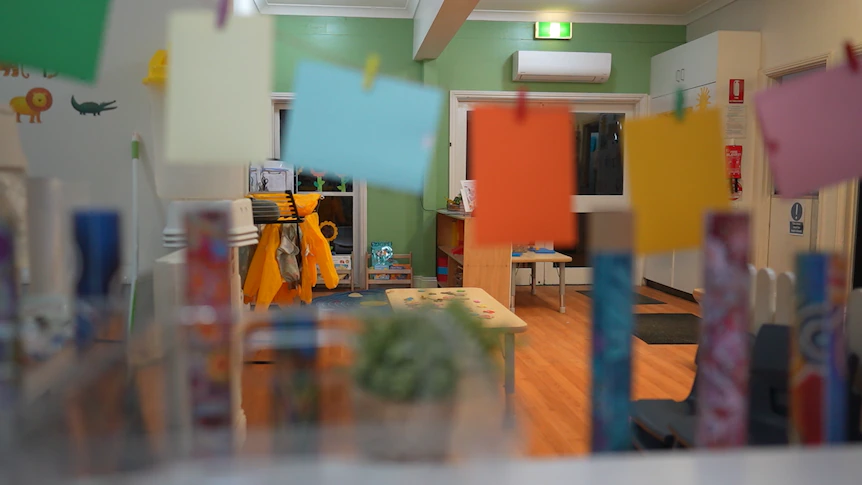Copyright vernonmorningstar

The question of whether masculinity is in crisis drew a packed audience to the Kelowna Community Theatre this week for the UBCO Debates session. It was an unusually animated evening, with four panelists tackling a topic that has dominated cultural and political conversations in recent years. Before the debate began, the audience was asked through Slido to describe masculinity in a few words. “Strength” led the responses, followed by words like “provider,” “toxic,” “protector,” “social construct,” and “caretaker.” On one side were Fang Wan, associate professor of management at UBC Okanagan and an expert in branding and leadership, and Luc Cousineau, program director at Dalhousie University and co-director of research at the Canadian Institute for Far-Right Studies. They argued that masculinity itself is not in crisis, but that society’s structures are failing men. On the other side were John Oliffe, a professor at UBC’s School of Nursing and founder of its men’s health research program, and Jonathan Kay, a Toronto-based editor and podcaster formerly with the National Post, who argued that masculinity is indeed in crisis. The word that stood out most to me in the discussion was “toxic,” both by its presence and absence. John Oliffe avoided saying it altogether, referring to it only as “the T word,” while Kay used it to pivot toward a critique of political correctness. Kay blamed former Prime Minister Justin Trudeau for popularizing the phrase, suggesting that boys are now being made to “apologize for being toxic.” But Trudeau’s original comments focused on emotional suppression and rigid gender norms as harmful—not on masculinity itself. Calling certain behaviours toxic doesn’t condemn men; it identifies patterns that hurt them and others. Avoiding the term doesn’t erase the problem. Cousineau argued that the real crisis is social, not masculinity itself. On that point, he and Oliffe seemed to agree. Oliffe pointed to structural and social determinants of health—rising housing costs, delayed home ownership, and economic insecurity—as key pressures on young men’s mental health. Kay noted how social media amplifies comparison and inadequacy, creating a 24/7 scorekeeping system for self-worth. Fang Wan talked about social media’s influence, earning loud applause when she cited Australia’s decision to ban it for children. When the audience was polled on the biggest challenge facing young men, 45 percent answered “social media and influencers,” followed by 28 percent citing “mental health and isolation.” Economic pressures and educational gaps followed. Kay highlighted how influencers and online figures prey on these vulnerabilities, offering simplistic answers to complex problems. That pattern is visible in Canada through campaigns like Jamil Jivani’s “Restore the North,” which frames economic frustration and social change as evidence of societal decline and prescribes “traditional gender roles” and conservative ideology as the cure. The same logic drives American movements like Charlie Kirk’s Turning Point USA, which encourages youth to distrust higher education. The result is a vicious cycle: young men are told universities are corrupt, so they avoid them, which narrows their opportunities and deepens their resentment. The panel didn’t mention that artificial intelligence will likely displace many of the jobs these same young men depend on, compounding the problem. What the debate largely lacked were solutions. One promising model comes from something I just learned about today from a friend’s social media post. It is Iceland’s “Planet Youth” initiative, inspired by psychologist Harvey Milkman’s research on addiction prevention through “natural highs.” The approach invests in sports, arts, and mentorship programs that give young people healthy outlets for belonging and purpose. In Iceland, this community-based prevention model reduced teen drinking and smoking by over 90 percent. Applied in Canada, a similar framework could help redirect young men’s energy toward connection and contribution, countering isolation, substance use, and radicalization. In the end, there was no audience question for who won the debate. But perhaps the clearest takeaway was this: if masculinity is in crisis, it’s because our social systems are. Addressing that crisis means giving young men something better to belong to than the algorithmic echo chambers that profit from their anger. I walked away with lots to think about. ~ Wilbur Turner is a political strategist and community advocate based in Kelowna, British Columbia, with deep roots in Alberta. With experience on the ground in federal and municipal campaigns, and a passion for civic engagement, Turner offers sharp, accessible insight into the political and social issues shaping our region and country. He was selected by the University of British Columbia for an Honorary Doctor of Laws for his significant contribution to the community. He also writes articles as QueerGranddad on Substack.



